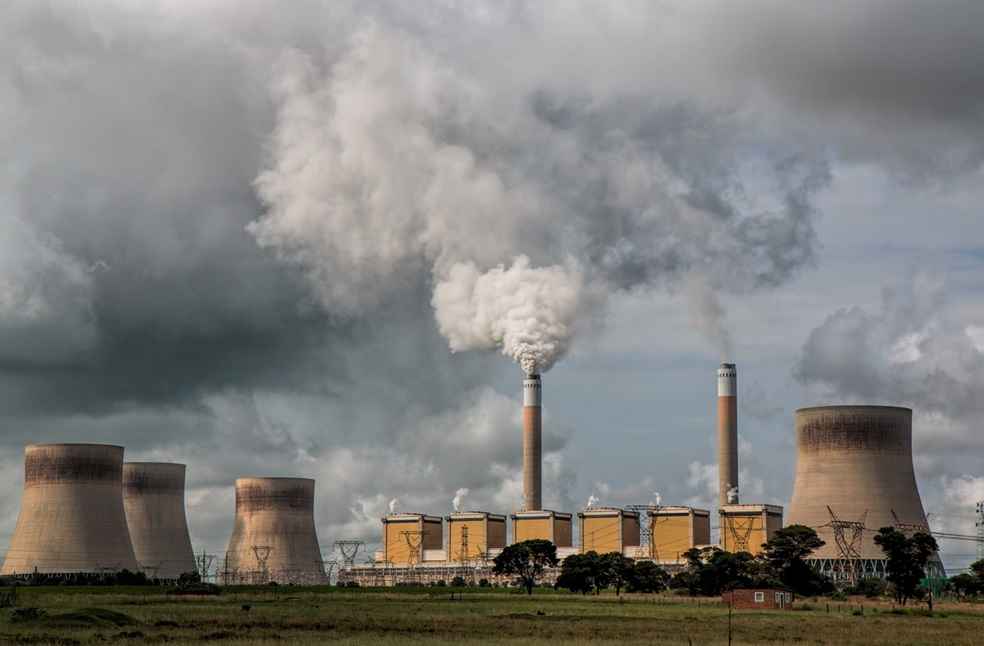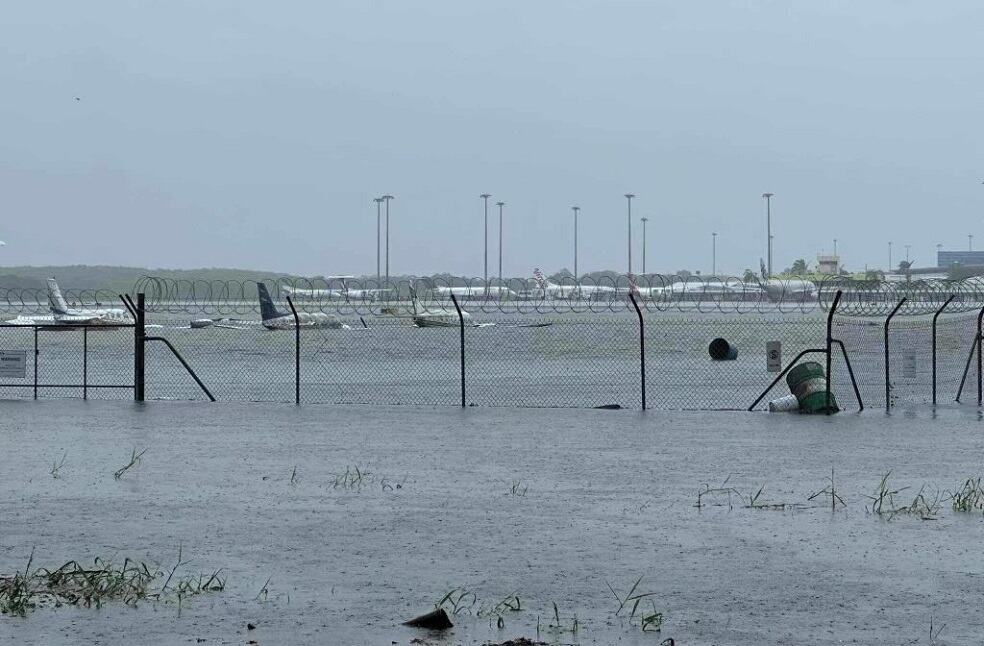London: A recent report has proposed that a new levy on fossil fuel firms in rich countries could raise billions to aid fragile countries to deal with climate change. The Climate Damages Tax report suggests that an additional tax on fossil fuel majors in the wealthiest Organisation for Economic Co-operation and Development (OECD) countries could raise £580 billion ($720 billion) by the decade’s end.
The authors of the report propose a new extraction levy which could increase the loss and deterioration budget. This fund is designed to aid vulnerable countries in managing the severe consequences of climate exploration that were acquiesced upon at the Cop28 summit in Dubai. This was a significant accomplishment by developing nations, who hope it will represent a commitment from developed polluting nations to deliver monetary backing for some of the annihilation that is already occurring.

David Hillman, the director of the Stamp Out Poverty campaign and co-author of the report, expressed that, “it demonstrates that the richest, most economically powerful countries, with the greatest historical responsibility for climate change, need to look no further than their fossil fuel industries to collect tens of billions a year in extra income by taxing them far more rigorously. This is surely the fairest way to boost revenues for the loss and damage fund and to ensure that it is sufficiently financed as to be fit for purpose.”
The authors of the report suggest that a levy could be implemented within existing tax systems. They estimate that if the tax were to be presented at an initial rate of $5 per tonne of CO2 equivalent, expanding by $5 per tonne each year, it would be achievable to generate $900 billion by 2030 if enforced in OECD countries in 2024.

Out of the total amount induced, $720 billion would be allotted towards the loss and damage fund. In comparison, the remaining $180 billion would be fixed aside as a ‘domestic dividend’ to assist in backing communities within wealthier nations with a reasonable climate evolution.
Numerous climate organisations globally support this report, including Greenpeace, Stamp Out Poverty, Power Shift Africa, and Christian Aid. Areeba Hamid, the joint director at Greenpeace UK, stated that governments must not let common individuals bear the cost of the climate crisis while oil enterprises earn from high energy prices.

“We need concerted global leadership to force the fossil fuel industry to stop drilling and start paying for the damage they are causing around the world. A climate damages tax would be a powerful tool to help achieve both aims; unlocking hundreds of billions of funding for those at the sharp end of the climate crisis while helping accelerate a rapid and just transition away from fossil fuels around the world,” Hamid added.
The world is witnessing the catastrophic impacts of the climate crisis, ranging from severe shortages in Africa to fatal floods in Pakistan and Afghanistan. The report is released just as the recently assembled Loss and Damage Fund Commission organises its inaugural summit in Abu Dhabi this week to consult on the financing of the budget.

Hamid remarked that, “Extreme weather is claiming lives and causing catastrophic damage around the world. But while communities that have contributed least to the crisis find themselves on its frontlines, and households across Europe struggle with sky-high energy bills, the fossil fuel industry continues to rake in massive profits with no accountability for its historic and ongoing impact on our climate.”
Ministers are currently assembling at the G7 climate, energy, and environment conference in Turin, Italy. The suggested climate impairment tax in G7 states, where many multinational oil and gas enterprises are based, could boost $540 billion for the loss and damage fund and $135 billion for domestic compensation for nationwide weather measures by the end of the decade.



